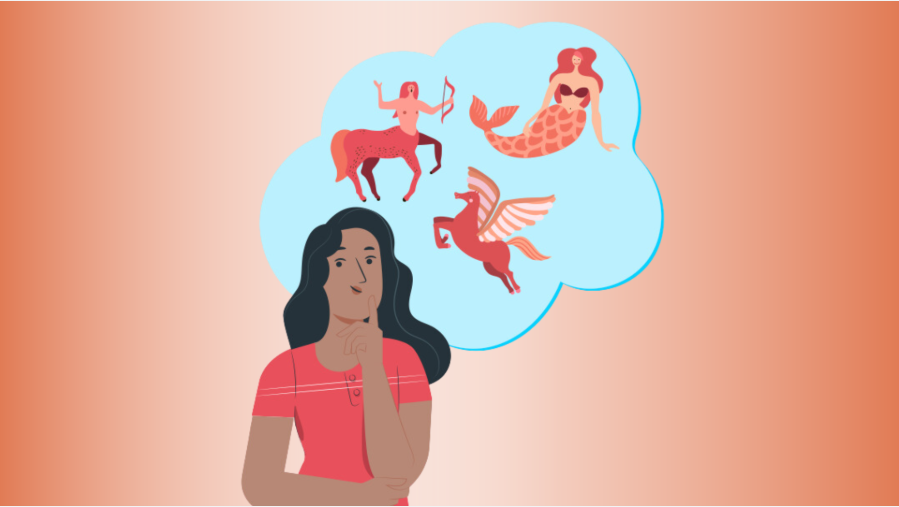
How to Support Loved Ones with Autoimmune Diseases

Easy Ways Loved Ones Can Support a Patient’s Autoimmune Health
Managing an autoimmune disease, including following a strict diet, can be tough for patients, especially when they don’t have the support of their loved ones. While patients need their own determination to stay on track with healthy habits, having a supportive partner, family, or friends can make a big difference in their journey to better health.
Research shows that social relationships play a crucial role in overall health, from improving immunity to helping cope with chronic illnesses. Good relationships can reduce stress, boost happiness, and serve as motivation when it’s time to make lifestyle or dietary changes.
If you’re living with or caring for someone with an autoimmune condition like lupus, rheumatoid arthritis, or Crohn’s disease, there are several ways you can support them. If you’re the patient reading this, feel free to share it with your loved ones for more insight on how they can help.
Learn About Their Diet
One of the most impactful ways to support someone with an autoimmune disease is by understanding their diet. Learn about the foods they’re avoiding and why. For example, many people don’t understand why someone with an autoimmune disease needs to cut out gluten. They might think, “It’s just bread; it can’t be that harmful,” but understanding the reasoning behind dietary choices can help build empathy and support.
A good way to get involved is by accompanying your loved one to a functional medicine doctor or nutritionist. At our practice, we involve family members in meal planning sessions with our health coaches, so everyone is on the same page and understands the dietary restrictions.
Join the Diet Plan
Eating the same foods can make a huge difference. If a patient’s partner or family members follow the same diet, it can help the patient feel less isolated and more supported. Many spouses who adopt the same dietary changes report feeling better, with improvements in energy, sleep, and even weight loss. When both partners are on the same page, the journey becomes a shared effort, and the patient doesn’t feel like they’re missing out.
Help with Travel Plans
Traveling with an autoimmune patient can be tricky, but you can make it easier by planning ahead. Know what foods your loved one needs to avoid, and stock up on appropriate options at home. When eating out, look for restaurants that offer foods that fit their diet. It’s about making sure they have healthy options, even while away from home.
Support Sleep Habits
One of the challenges for autoimmune patients is maintaining good sleep. It’s important to help create an environment conducive to restful sleep. If your loved one tends to stay up late to spend time with you, encourage them to stick to a regular sleep schedule, as it can reduce stress and improve overall health. Sleep is crucial for immune system function, so supporting your loved one’s need for rest is essential.
Make It a Team Effort
Exercise and relaxation are key components of managing autoimmune diseases. Encourage your loved one to stay active, and make it a family activity. Whether it’s going for a walk, attending a yoga class, or playing outside, being active together can help everyone stay healthy and motivated. If you’re not exercising with them, be supportive by cheering them on instead of distracting them with negative comments like, “Why don’t you just stay in and watch TV with me?”
What to Do If Your Loved One Isn’t Supportive
Sometimes, despite a patient’s best efforts, their partner or family members may not fully support their journey. I’ve had patients tell me that their spouse sabotages their diet, and this can lead to added stress and frustration. In these cases, it’s helpful for the patient to seek support outside of the relationship, such as joining an autoimmune support group or connecting with others who understand their struggles. These groups can provide the understanding and empathy that may be lacking from the immediate family.
If a partner isn’t supportive of exercise, consider getting together with friends for a walk or other activities. Our health coaches also provide additional support by holding patients accountable and offering guidance.
Is Your Loved One Supporting or Undermining Your Efforts?
Sometimes, despite good intentions, loved ones can unknowingly sabotage an autoimmune patient’s progress. Here are some signs to look for:
- Do they ask, “Will one bite of cake hurt you?”
- Do you feel pressured into eating something you know isn’t good for you?
- Do they suggest unhealthy options, like ordering pizza when you’re trying to stick to your diet?
- Do you feel like you have to defend your food choices to them?
- Is your loved one uncomfortable with your healthier habits?
If you find yourself answering yes to these questions, it might be time to have a conversation. Educating them on why these changes are important can help foster understanding and support.
Sometimes It’s Up to the Patient
Supportive family and friends are incredibly helpful, but autoimmune patients also need to make their own healthy choices. Social situations that revolve around food, especially unhealthy options, can be challenging. In these situations, rather than saying, “I can’t have that,” try saying, “I don’t want that.” This subtle shift can empower you, as it’s about making a choice for your health, not something that’s being forced upon you. Most people won’t push the issue if you simply state that you’re making a healthier choice.





